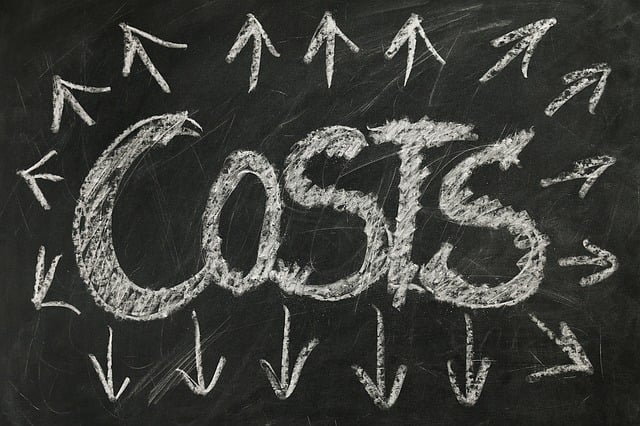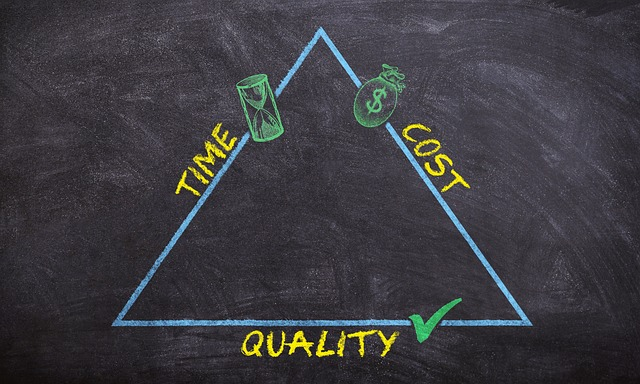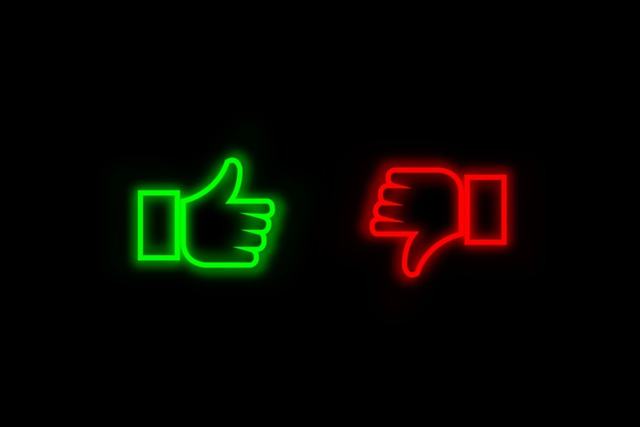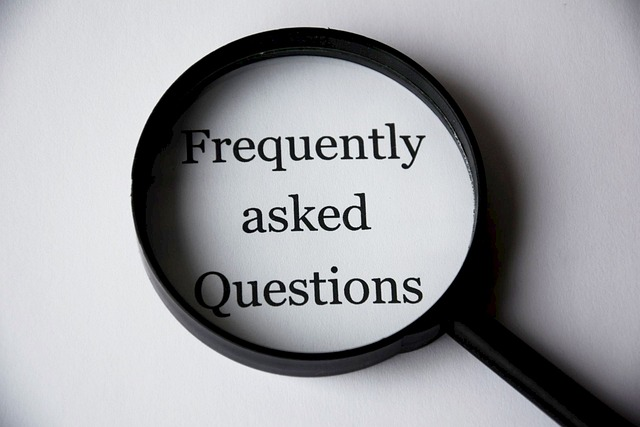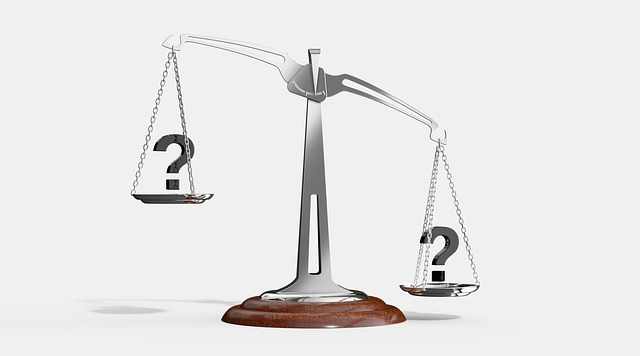What are Fixed Expenses in business?
Fixed expenses in business refer to costs that remain constant regardless of the level of business activity or sales volume. They’re also known as fixed costs or overhead. These expenses are crucial for a company’s day-to-day operations.
Identifying fixed expenses is essential as they include key operational costs like rent, insurance premiums, and employee salaries. These costs do not fluctuate with changes in production or sales levels.
Businesses need to pinpoint their fixed costs accurately for break-even analysis, effective budgeting, and financial planning. This information is vital in determining the minimum revenue needed to cover all expenses.
Efficient management of fixed expenses is critical for ensuring profitability and meeting debt payment obligations. Businesses can improve their financial health and stability by controlling these costs effectively.
What are some examples of Common Fixed Costs?
Fixed costs are expenses that remain constant regardless of the level of business activity. They are essential for businesses to operate smoothly.
Examples of Common Fixed Costs
- Rent: Monthly payments for office space or a storefront.
- Insurance Premiums: Regular payments to protect assets and liabilities.
- Loan Payments: Scheduled repayments for borrowed capital.
- Salaries: Employee wages set at a fixed rate per period.
- Utilities: Consistent bills for services like electricity, water, and internet.
What is the Fixed Cost Formula?
The fixed cost formula is used in business to calculate the total fixed costs incurred by a company. The formula for calculating fixed costs is straightforward:
Fixed Costs = Total Expenses – Variable Costs
To apply this formula in business, start by identifying all the expenses that remain constant over a certain period, such as rent, insurance, salaries, and utilities. These are your fixed costs. Some accounting solutions provide a fixed cost calculator to simplify the process.
Next, subtract the variable costs, which fluctuate based on production levels, from the total expenses to determine the fixed costs. By understanding and calculating fixed costs, businesses can better analyze their financial performance and make informed decisions to improve profitability.
Fixed Cost Formula Example
One example of using the fixed cost formula is in a manufacturing company. Let’s say the company incurs fixed costs of $50,000 per month, which includes expenses such as rent, insurance, and salaries for permanent employees.
To calculate the fixed cost per unit produced, you would divide the total fixed costs ($50,000) by the number of units produced in a month. If the company produces 10,000 units in a month, the fixed cost per unit would be $5 ($50,000 divided by 10,000 units).
This calculation helps the company understand how much of the total fixed costs are attributed to each unit produced, aiding in pricing decisions and overall cost management.
What does Average Fixed Cost mean?
Average fixed cost refers to the fixed cost per unit of output produced. It is calculated by dividing total fixed costs by the quantity of output. This metric helps businesses determine the portion of fixed costs attributed to each unit produced.
Understanding average fixed costs is crucial in budgeting. It enables companies to allocate resources accurately and determine break-even points. Knowing this figure enables businesses to make informed decisions about pricing strategies and production levels.
In conjunction with variable costs, average fixed costs play a vital role in determining a business’s total cost structure. While variable costs fluctuate with production levels, fixed costs remain constant, providing stability in cost estimations.
Moreover, average fixed cost impacts a company’s operating leverage, influencing its ability to cover debt payments and generate profits. A lower average fixed cost indicates higher operating leverage, which can amplify both losses and gains for a business.
What are the pros and cons of Fixed Expenses?
Fixed expenses in business provide stability and predictability in budgeting. Knowing exactly how much needs to be allocated for costs like rent, utilities, or insurance each month can help businesses plan their finances more effectively.
This can reduce stress and uncertainty, allowing for better long-term financial planning and investment goals. Fixed expenses often include essential services that are necessary for daily operations, ensuring that basic business needs are consistently met.
One major drawback of fixed expenses in business is that they can become burdensome during times of financial hardship. Since fixed expenses remain constant each month, they must be paid regardless of any changes in revenue or unexpected expenses.
This lack of flexibility can lead to financial strain and make it difficult to adjust the business budget in response to changing market conditions. Additionally, fixed expenses can limit a business’s ability to save or invest for the future, as a significant portion of revenue is already allocated to these non-negotiable costs.
Fixed Expense Pros & Cons
Pros:
- Fixed expenses remain constant, making it easier to budget and plan for.
- Knowing the exact amount of fixed expenses can provide better business budgeting.
- Fixed expenses often cover necessary services like production, utilities, and insurance.
Cons:
- Fixed expenses cannot easily be adjusted during financial hardship or unexpected expenses.
- Can lead to unnecessary spending on services that are not fully utilized.
- Some fixed expenses must be paid regardless of financial circumstances.
How can my small business budget for Fixed Expenses?
Budgeting for fixed expenses is crucial for small businesses as it allows for better financial planning and stability. Companies can avoid cash flow problems and ensure long-term sustainability by accurately forecasting and allocating funds for fixed costs.
Here are some strategies and tips for effective budgeting.
Identify Fixed Expenses: It is crucial to first identify all essential costs. This includes rent, utilities, insurance premiums, and loan payments.
Differentiate Fixed from Variable Expenses: Distinguishing between fixed and variable expenses is critical. While fixed costs remain constant, a variable cost fluctuates based on business activity. By understanding this difference, businesses can allocate funds strategically.
Implement Break-even Analysis: Use a break-even analysis to determine the minimum revenue required to cover fixed expenses. This analysis helps assess the business’s financial stability and set realistic goals.
Prioritize Fixed Expenses in Budgeting: Allocate funds for fixed expenses as a top priority in your budget. By covering these costs first, businesses can maintain financial stability and avoid potential cash flow issues.
Frequently Asked Questions
Here are the most common questions about fixed expenses.
What’s the difference between Fixed Expenses & Variable Expenses?
Fixed expenses are costs that remain constant regardless of the level of production or sales. These expenses typically include rent, salaries, property taxes, insurance premiums, and utilities. Fixed expenses are predictable and do not fluctuate based on business activity.
On the other hand, variable expenses in business are costs that change in direct proportion to the level of production or sales. Examples of variable expenses include raw materials, labor costs, and shipping expenses. Variable expenses can increase or decrease depending on the volume of business activity.
Understanding the difference between fixed and variable expenses is crucial for businesses to manage their finances and make informed decisions effectively. Companies can optimize their cost structure and improve their overall financial performance by analyzing and categorizing expenses correctly.
What does Total Fixed Cost mean?
Total fixed cost refers to the sum of all fixed expenses that a business incurs, which remain constant irrespective of the level of production or sales. These costs include expenses like rent, insurance premiums, and salaries that do not fluctuate with business activity.
Fixed costs are integral in break-even analysis, as they help businesses determine the minimum revenue required to cover all fixed expenses. By identifying these costs, companies can establish a baseline for financial stability and make informed decisions regarding pricing strategies and budget allocations.
It is crucial to separate fixed expenses from variable expenses when creating a budget. Categorizing these costs separately allows for a more accurate assessment of a company’s financial health and aids in planning for future growth and sustainability.
Effectively managing fixed costs can significantly impact a company’s operating leverage. Businesses can improve profitability and enhance their overall financial resilience by reducing unnecessary fixed expenses or negotiating better terms with suppliers.
This strategic approach ensures long-term success and stability in an ever-changing market environment.
How do Fixed Expenses differ from direct costs?
Fixed expenses are costs that remain constant irrespective of production levels, such as rent or insurance premiums. Direct costs, on the other hand, vary with production output and are directly attributable to creating a product or service.
Understanding Direct Costs
Direct costs in production refer to business expenses that can be directly attributed to the manufacturing of a product or the provision of a service. These costs typically include raw material cost fluctuations, labor, and other resources essential for the production process.
Direct costs are crucial for businesses to monitor as they directly impact the profitability of each unit produced. By effectively understanding and managing direct costs, businesses can optimize their production processes, control expenses, and ultimately improve their bottom line.
When creating a budget, it is essential to accurately account for direct costs to ensure that pricing strategies are competitive and sustainable in the long run. By closely monitoring direct costs, businesses can make informed decisions that contribute to their overall financial health and success.
How do you use Fixed Expenses in Break-even Analysis?
Fixed expenses play a crucial role in break-even analysis as they are costs that remain constant regardless of the level of production or sales. To use fixed expenses in break-even analysis, you first need to identify all the fixed costs incurred by your business, such as rent, insurance, salaries, and utilities.
These costs do not fluctuate with the number of units produced or sold. By including fixed expenses in the break-even analysis, you can determine the minimum level of sales needed to cover all fixed costs and start generating a profit. This helps businesses understand their financial stability and make informed pricing, production levels, and overall profitability decisions.
What are Fixed Expenses – Final Thoughts
Knowing how to differentiate fixed costs from variable ones and grasping their impact on your financial management is crucial for your small business’s success. By mastering these concepts, you can make informed decisions that will positively influence your bottom line.
Remember to regularly review and adjust your budget to accommodate fixed expenses effectively. Stay proactive in managing your finances to ensure stability and growth for your business.
Contact us if you have more questions about fixed expenses or to apply for a small business loan. Our alternative financing experts can help you find the best funding options for your business budget and goals.


